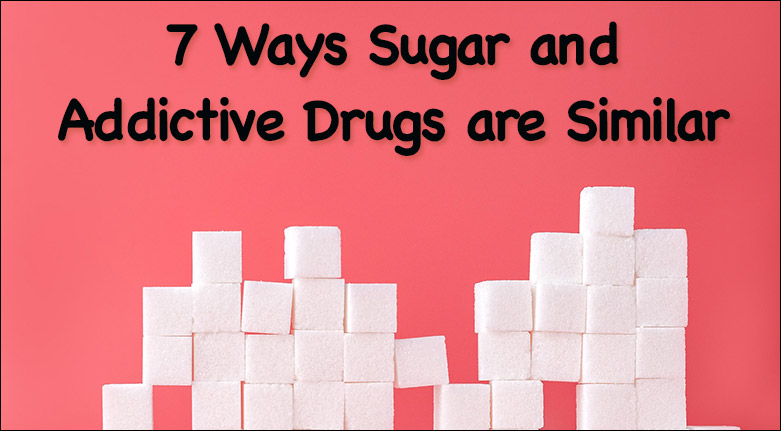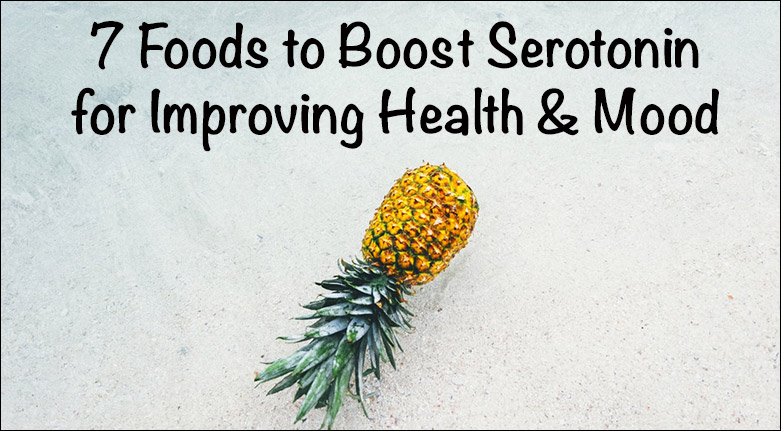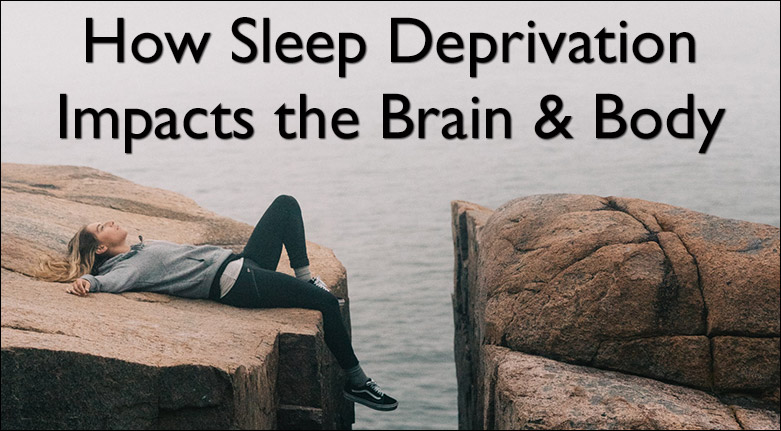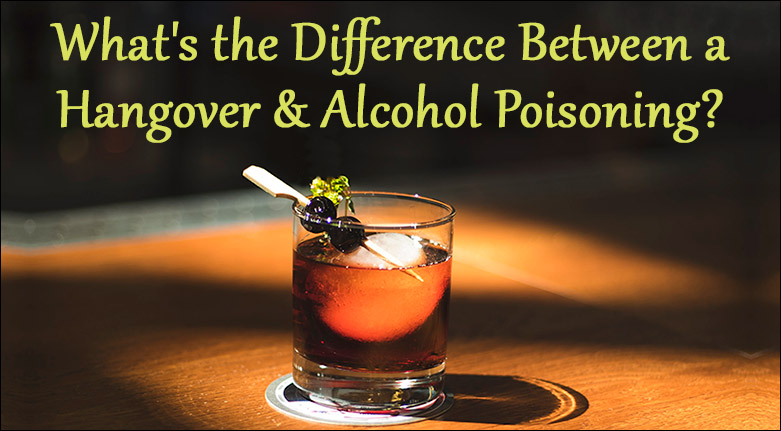It would be difficult to find anyone that thinks junk foods, especially sugar, are healthy for us. Even knowing how unhealthy they are, many of us struggle to cut back, or eliminate them from our diet altogether. Why is this so difficult?
It turns out, sugary foods share many common characteristics with addictive substances like alcohol, cocaine, heroin and opioids.
7 Ways Sugar and Addictive Drugs are Similar
While there are numerous ways sugary foods and addictive drugs are similar, these are some of the most common ones:
- Sugar and illicit drugs or alcohol are harmful to mental and physical health
- Both can cause uncontrollable cravings
- Quitting sugar and quitting drugs or alcohol can lead to withdrawal symptoms
- Sugar causes the same areas of the brain to illuminate on brain scans as drugs like cocaine
- Most people build up a tolerance to sugar in the same way they do to drugs or alcohol
- Addictive substances and sugar increase dopamine in the brain
- People often binge on sugary foods like ice cream the same way as a person addicted to alcohol, opioids, or other types of drugs
Anyone that has ever been addicted to drugs or alcohol can attest that they experienced more than few of the items on this list. The same can be said about people who struggle with eating too much sugar. This is because both impact the brain’s reward system.
The only difference is, except for alcohol, most addictive drugs are either illegal or require a prescription. Sugar is legal, and sugary sweets can be purchased almost anywhere.
Sugar is Ubiquitous
There is no doubt that sugar is showing up everywhere nowadays, making its appearance in items that don’t seem sugary, like salad dressings, breads, and pasta sauces.
The real temptation, though, comes in the form of sweets. Candy, ice cream, and cake line the shelves at grocery stores, begging to be devoured. As soon as they are eaten, though, the body shows signs of rejection and sluggishness.
Processed food manufacturers know that sugar has many addictive qualities and adding it to all types of foods can get people hooked, while the cravings will keep them coming back for more.
But what if there was a way to beat the sugar cravings and get long-lasting energy from “real” food? Luckily, there are ways to overcome sugar bombardments and cravings, but it takes much self-discipline to make it happen.
The rewards of quitting sugar, though, are well worth the sacrifice.

Here are the Biggest Benefits to Quitting Sugar
1. Increased Energy
Skipping dessert will significantly affect one’s energy levels. Sugary foods are famous for providing a “high,” or hyper feeling that the brain translates as high energy.
This is not actually the case however, since sugar highs usually end in hard “sugar crashes,” depleting energy and replacing it will lethargy and sluggishness.
Sugary foods are never the best source for receiving energy in the body. Instead, focusing on fueling the body with nutrient dense foods, like whole grains, fruits, lean meats, and leafy greens, as well as exercise, all have a positive effect on the brain and body.
By properly fueling the body, it will no longer experience sudden crashes in energy, and instead, it will experience a constant supply of healthy energy.
2. Improved Weight Management
After quitting sugar, losing weight and keeping it off will become increasingly easier for most people.
This is because sugar is known to house empty calories – calories that are added to the body but provide no source of nutrition. Sugary drinks and candy are the biggest culprits for empty calories.
To safely and effectively lose weight, the body needs adequate amounts of fiber to metabolize and combat sugar, including natural sugar found in fruits and some vegetables.
Food items with added sugar include little to no fiber in them, so sugar turns straight into glucose and is then stored as fat in the body.
Swapping out sugary foods for healthier alternatives, like fruits, vegetables, and healthy grains, helps keep blood sugar levels naturally lower.
Eating foods that contain added sugar regularly can make the body resistant to insulin, and insulin resistance increases belly fat storage.
3. Enhanced Mood, Mental Clarity, Focus, and Health
Sugar is often a source of reward, when emotions run high or stressful situations occur. Eating sugar as a compulsive reaction to “feel better” does more damage than good, though.
Sugar only aids in greater mood imbalances, stress, poor eating habits, and feelings of tiredness. The more people give into their sugar addiction, the more troubles they will have with their mental health.
Studies show that 80 percent of people who stopped eating sugar and other unhealthy foods found that their mental health greatly improved. Scientists who studied the group found that patients had decreased depression, anxiety, fewer mood swings, and more mental focus.
Quitting sugar may come with side effects such as “sugar headaches,” which is the body suffering from sugar withdrawals. Soon after replacing sugary foods with brain foods – fish, nuts, leafy greens, and lean meats – sugar headaches will disappear.
4. Reduced Inflammation
One concerning downside to eating sugar is that it increases inflammation in the body.
Inflammation often leads to chronic pain, headaches, and food allergies. Research shows there is a direct link to inflammatory diseases and sugar.
There is now recent evidence to show that inflammation is linked to Alzheimer’s disease, dementia, and other brain-related disorders, that impact mental health and aging.
Once a person quits sugar, he or she can expect to experience decreased levels of inflammation in the body, including a reduction in nerve, muscle, and joint pain.
Combining exercise, increased daily water intake, and reduced sugar intake are some of the best ways to treat pesky inflammation problems and reduce chronic pain in the body.
These four benefits of quitting sugar might seem simple, not so important, or completely obvious to many people. But the fact remains, we have a serious sugar problem in America, and it has led to obesity and host of health problems for children and adults.
For those who have recently quit or cut back to optimal levels, the results they have experienced are usually remarkable, both in the health benefits they have received, and more importantly, the way they feel. But of course, they already know this.
At Pure Recovery, we focus on healthy diet and eating plans for our addiction treatment clients because we have seen how effective proper nutrition can be for healing the brain and body.







